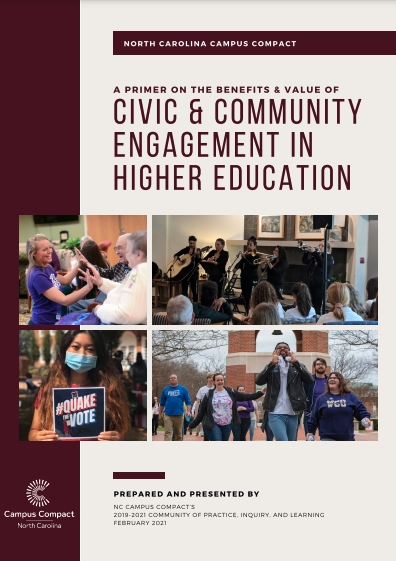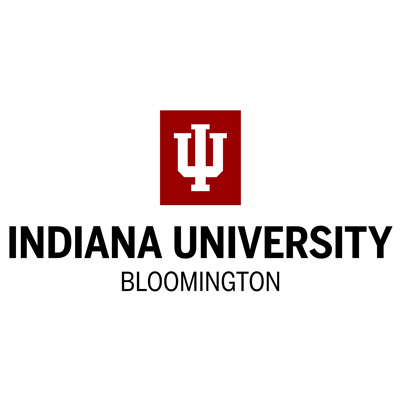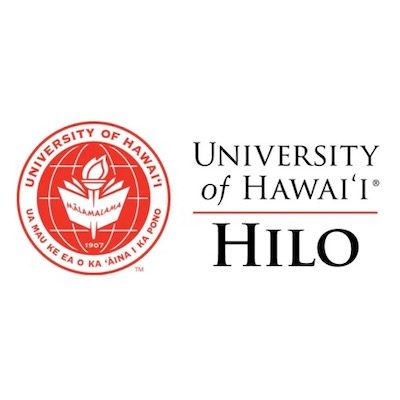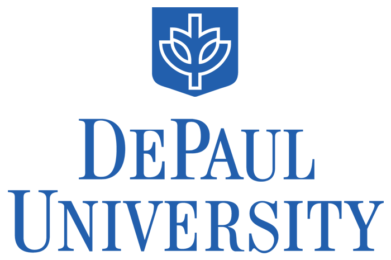Collaboratory’s Shining the Light series highlights the amazing work of our institutional partners and shares examples of community engagement and public service activities captured in Collaboratory.
Recognizing that community engagement is an integral strategy through which campuses contribute to and achieve the mission and goals of their institutions, this series is guided by the Benefits of Civic and Community Engagement Primer co-edited by Collaboratory’s own Kristin Medlin and published by our partners, North Carolina Campus Compact’s Community of Practice, Inquiry & Learning (COPIL).
The primer:
- Assembles evidence of how civic and community engagement (CCE), when done well, contributes to the overarching goals of higher education
- Highlights the range of CCE activities occurring in community-campus partnerships throughout the state of North Carolina
- Provides a tool to aid in deepening the practice of engagement, and
- Makes the case for investment in and commitment to CCE
This installment of Shining the Light features community engagement and public service activities with a focus on K-12 partnerships.
Civics Education in Middle School
Students from Outreach Legal Literacy (OLL), a student-run organization at Indiana University Mauer School of Law, teach civics and the fundamentals of the American legal system to 5th graders. OLL sends teams of 2-4 law students into 5th grade classrooms across the community to provide a series of 13 weekly hour-long sessions across 2 semesters which culminates into a mock trial held at the end of the year.
Arizona Council of History Educators Teaching Difficult Histories Project
Whose histories do we teach and how do we teach them? These questions have always been important; now they are urgent. Members of ASU’s History faculty have partnered with the Arizona Council for History Education to develop and enact a yearlong series of workshops to empower Arizona’s high school teachers to explore subjects such Indigenous sovereignties, Africa as a centerpiece of global history, cultural encounters in the borderlands, and Black Power. History faculty in turn learn from gifted classroom teachers ways to inspire student curiosity, participation, and skill-building.
Adolescent Latinas Advancing Salud Mental through Storytelling (ALAS)
This partnership is between five UWT professors and Proyecto MoLE, a youth leadership program serving mainly Latinx youth, based primarily at Mt. Tahoma High School. The project focuses on the promotion of health and well-being in Latina girls through youth-centered collaborative workshops that explore well-being, cultural identity, coping resources, and youth storytelling.
Lā Honua / Earth Day Celebration
The annual Lā Honua / Earth Day Celebration by University of Hawaiʻi at Hilo in collaboration with Hawai’i Community College provides a non-commercial forum to focus on environmental education from federal, state, and local county agencies, nonprofit groups, and private organizations. Approximately 1,000 children from K-12 schools on the eastern half of Hawai’i Island come to the University of Hawai’i at Hilo campus to engage with over 50 different exhibitors.
Girls N Power
Girls N Power is a restorative circle workshop in which elementary school girls who are currently menstruating participate in a circle process where they have the opportunity to share stories, feelings, experiences, and questions about menstruation, self-image. and sense of self.
Worcester East Middle School STEM Project Overview
Female medical students partner with Worcester East Middle School to provide a diverse group of middle school girls with access to hands-on STEM enrichment activities. They design and run a series of four after-school sessions to be offered each month from February to May. The project encourages middle school girls in Worcester to discover, design, experiment, and create in STEM fields. The program aims to equip girls with knowledge, confidence, and enthusiasm in these disciplines; and inspire them to consider careers in STEM.
Cultural Competency: Leading Radical Change Pedagogy
A national education law called the “Every Student Succeeds Act” passed in 2015 to ensure that states provide all children with equal access to a high-quality public education. Nearly half of the schools in Indiana that were graded for the performance of students with disabilities received “F” grades from the state in 2018, and nearly one-third received that grade for the performance of black students. The School of Education at IUPUI is preparing to help get those schools up to standards, and provide cultural competency training and support for more than 300 schools across the state.
Want to learn more about Collaboratory?
Email info@cecollaboratory.com to learn more about how to leverage Collaboratory to tell your institution’s story of engagement.








